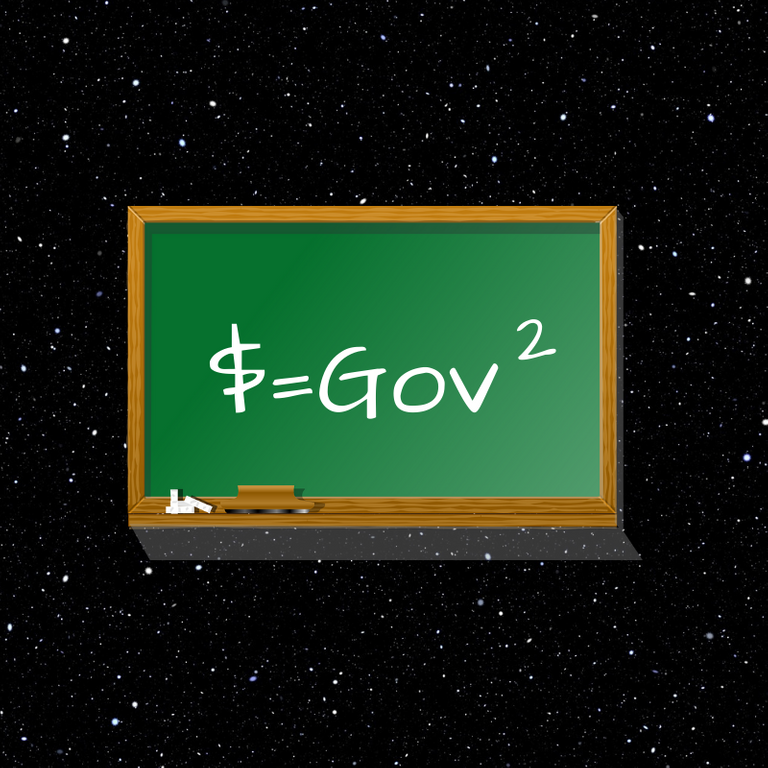Are Scientists Biased Against Libertarianism?

It took me a long time to have my “Red Pill” moment and see the true reality of media manipulation on politics and society, leave the liberal bubble, and become libertarian. Now that I’ve spent a few years studying libertarianism and its related economic and political theory, it seems so obvious. I wonder how it took me so long to discover this philosophy. Furthermore, I wonder how so many highly intelligent people on the political left—the scientists and philosophers—can remain blue-pilled, stuck inside their liberal bubbles, and think that big-government progressivism is the best system for society.
I can easily explain myself. I was simply never exposed to libertarian ideas in school (or in my private life). The school system teaches you to be left-leaning—not that there is some grand conspiracy to do so. It’s just that most teachers are left-leaning because liberal-minded people who care for and want to help other people are more inclined to become teachers. They are naturally liberal and are in bubbles of their own with fellow teachers and academics, so they teach that same mindset around politics and economics to their students (without even realizing they are promoting an agenda). Plus, as government employees, it is in the self-interest of public school teachers to promote and expand the government.
Many actual economists are more libertarian, but little economics is taught in grade school and high school, and what little economics is taught is often taught by social studies teachers with very little knowledge of economic philosophy. What percentage of teachers around the country have even heard of F.A. Hayek or Ludwig von Mises?
But what about the supposedly genius scientists who remain progressives? So many physicists, astronomers, evolutionary biologists, and psychologists who are experts in their fields seem utterly ignorant of economics and political philosophy. Even Albert Einstein himself thought a socialist planned economy was a good idea. How could one of the smartest humans in history be so stupid when it came to economics and politics?
One simple explanation is that they are different fields. Just because you’re an expert in physics, doesn’t make you an expert in politics or any other field. But there’s got to be more to it than that. Einstein was clearly a brilliant thinker on a wide range of topics. Why couldn’t he understand free markets? The main reason Einstein and other academic scientists are progressives is because they are biased against libertarianism.
Most scientists rely on government grants to do their research, so under a libertarian free-market system, they’d lose their government funding. It is in their financial self-interest to vote for Democrats who will implement more progressive government programs and direct more taxpayer funds toward scientific research. That’s why Einstein was able to read Hayek and dismiss his findings—because of personal bias. He believed science and its future depended on government funding, as do so many otherwise smart scientists today. They ignore Austrian economics or attempt to rationalize it away because it’s in their self-interest to do so.
But is it really? Does science need government funds?
I don’t think so. The free market can provide funding for scientific research and education. Private and charter schools already out-perform public schools, so it would make sense to move further in that direction. Corporations will inevitably fund research into areas they are interested in, hoping it will improve their products and profits. Even more speculative areas of science with little (short-term) prospects for financial return, such as astrophysics, life extension, and quantum physics, could be funded by billionaires with a personal interest in those fields.
Take space for example. In the past, scientists thought space exploration could only be achieved by governments. Now we have SpaceX, Blue Origin, and Virgin Galactic competing to get to Mars. Those private companies will progress faster and more efficiently than NASA, precisely because they are economically incentivized to do so by the free market.
Traveling to Mars or an asteroid are huge risks, but they have the potential for huge rewards. Average citizens should not pay the burden for those risks through taxes. The billionaires who can afford it should put their own money on the line and reap the rewards for doing so if they succeed. Average citizens should not be forced to fund science, but they can voluntarily donate to the specific causes they want to support.
The future of science should be disconnected from the government. Scientists themselves should become more entrepreneurial and try to fund and profit off their own research. It just might result in better science—more funds, more research, and more discoveries.
Under a privately-funded system of science, some unprofitable research areas previously funded by the government may fall by the wayside, such as race and gender studies, but that may be a risk we’ll have to take. If somebody really wants to study those things on their own time and dime, go for it, but taxpayers shouldn’t have to pay the bill. Scientists may think the free market would be bad for science, but as with just about every other domain, free markets improve efficiency and results.